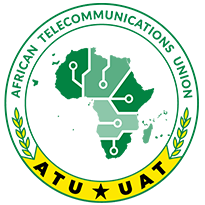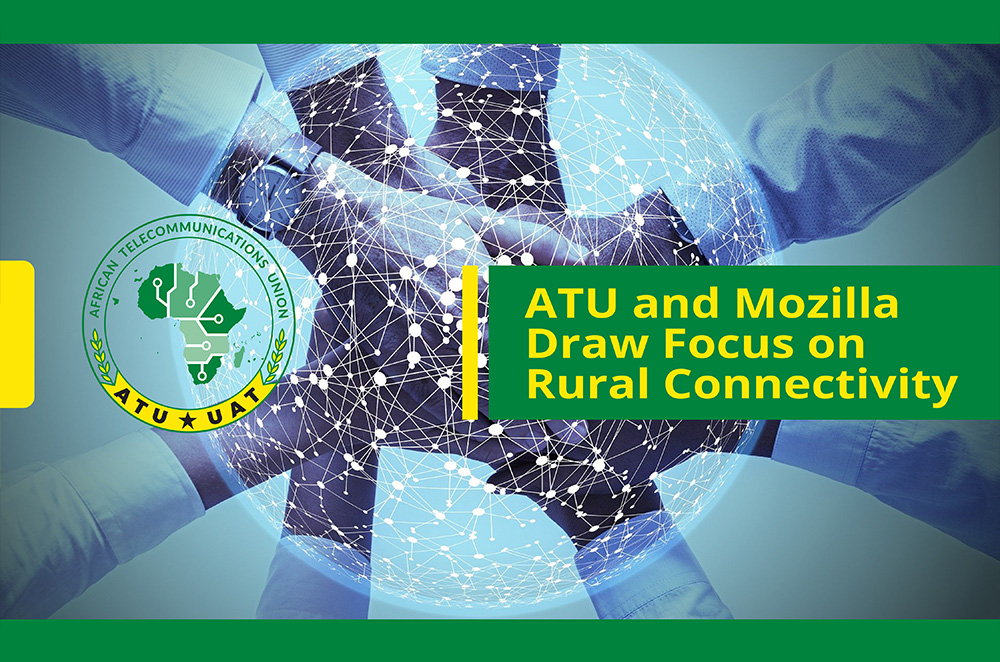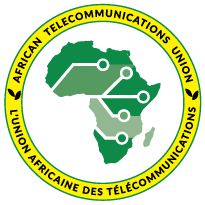The Internet is a global resource open and accessible to all, and while half of the world is connected to the Internet, existing policy, regulatory, financial, and technical models are not designed to connect the poorer and more sparsely populated regions. Connecting the unconnected in Africa requires applying special policies, regulations and practices that cut across the full breadth of regulatory elements, such as licensing, roaming and pricing, with spectrum being a critical element. Regardless of its importance, spectrum remains dramatically under-utilized in rural areas as existing operators make limited investments in these areas.
Recognizing this need, the African Telecommunications Union (ATU) and Mozilla signed an MoU for a joint project that will promote rural ICT connectivity in the African region. The project, pegged on spectrum policy, regulations and practices, is designed to ensure affordable access to communication across the continent.
Some of the approaches to spectrum regulation, like auctions at times act as a firewall to competition, creating a financial barrier for innovative, smaller service providers who could bring new technology and business models to rural service. In addition, the high fees paid at auctions create an incentive for existing operators to roll out infrastructure in the most lucrative urban, densely populated areas in order to cover the additional network costs that auctions entail.
This therefore certifies as urgent, the need to address access to spectrum in rural areas as a policy and regulatory issue in order to unlock innovation and investment in affordable rural access to communication. Notably, some African governments have or are beginning to develop policy and regulatory instruments to address this challenge. This ranges from setting aside spectrum specifically for affordable rural access, to creating spectrum sharing regulations for IMT bands.
The project is tailored in line with the strategic objectives of ATU and Mozilla’s Africa Programme. Recommendations developed by the two parties will be presented at the 2021 annual ATU Administrative Council meeting.


